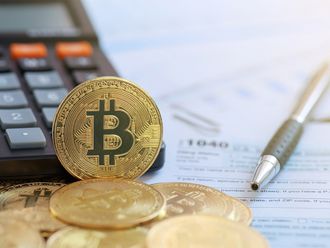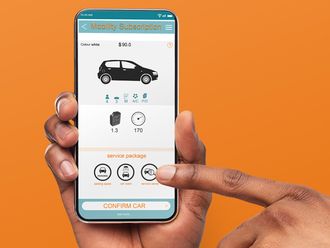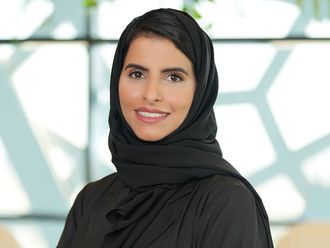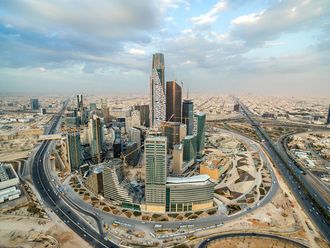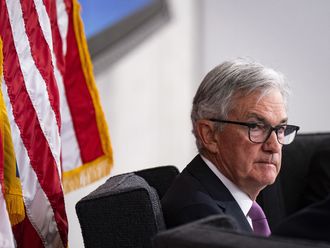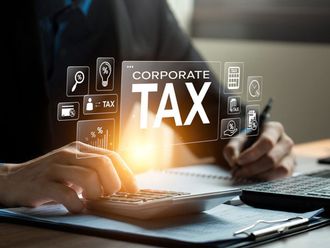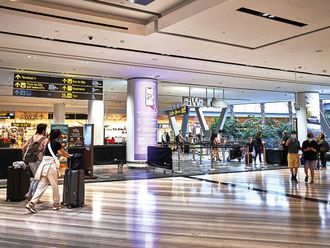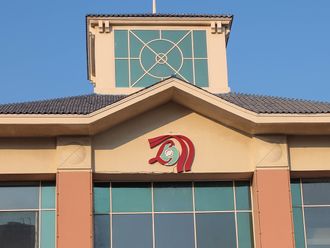Reflecting continuation of earlier practices, the 2011 Index of Economic Freedom continues depicts an inaccurate picture of level of economic freedom within the six-nation Gulf Cooperation Council (GCC). Released last week, the report views Bahrain's economy as the only truly free economy within the GCC by virtue of clinching spot No. 10 worldwide.
In reality, the Heritage Foundation and the Wall Street Journal are noted for their conservative ideologies and embracing of private sector initiatives. Amongst others, the report sees governmental involvement in the economy as something negative.
Yet, the global financial crisis of 2008 revealed the need for governmental leadership in restoring confidence in local economies through rescue packages on the one hand and steady spending on the other. This was true of the US, which under a Republican-controlled White House opted to use tax-payer funds for bailing out financial institutions.
To be sure, the index uses the results of ten variables in assigning points to reviewed economies. These variables are business freedom, trade freedom, fiscal freedom, government size, monetary freedom, investment freedom, financial freedom, property rights, freedom from corruption, and labour freedom. In turn, each variable carries 10 points on the 100-point maximum scale.
According to the report, Hong Kong remains the freest economy in the world having by virtue of scoring almost 90 points on the scale. Likewise, Singapore succeeded in maintaining the second best rank on the back of 87 per cent freedom level.
With respect to GCC countries, Bahrain clinched No 10 worldwide, the best performance ever since the index was published for the first time in 1995. This was the best result for any country within the broader Mena and ahead of countries such as the UK and Germany.
Unfairness
Conversely, the index has the practice of assigning unfair ranking for the rest of the GCC countries. Amongst 183 ranked economies, the report gives Qatar, Oman, the UAE, Saudi Arabia and Kuwait rankings of 27, 34, 47, 54 and 61, respectively. Certainly, this is not acceptable notably the assertion that the UAE is the fourth freest economy within the GCC states. Strangely enough, the index provides a low grade of 35 per cent to investment freedom variable in the UAE.
Yet, this figure is not supported by foreign direct investment (FDI) statistics. According to World Investment Report 2010, issued by the World Conference on Trade and Development (Unctad), inward FDI in 2009 amounted to $4 billion (Dh14.68 billion) in the UAE versus merely $257 million in Bahrain. The ability to attract FDI is partly dependent on the level of economic opportunities and freedom in different countries.
Also, the 2010-11 Global Competitiveness Report issued by World Economic Forum gives ranking numbers of 25 and 37 to the UAE and Bahrain, respectively. The result puts the UAE directly behind Qatar, which in turn achieved the best result among Arab countries.
Trouble is the Index of Economic Freedom provides little useful information on the methodology used in assigning grades for 10 variables used in developing the index.
Largely, the report relies on results of other studies or secondary sources designed for other purposes. In turn, absence of a primary study is a major shortcoming of the index.
Another imperfect part of the report is that of being somehow politically motivated. North Korea, Zimbabwe and Cuba are considered the least economically free countries in the world. Other countries in the bottom line are Venezuela and Iran.
At any rate, the Index of Economic Freedom can serve as a guide for GCC countries in strengthening the role of private sector investors in local economies.
Dr Jasim Ali is Member of Parliament in Bahrain.


